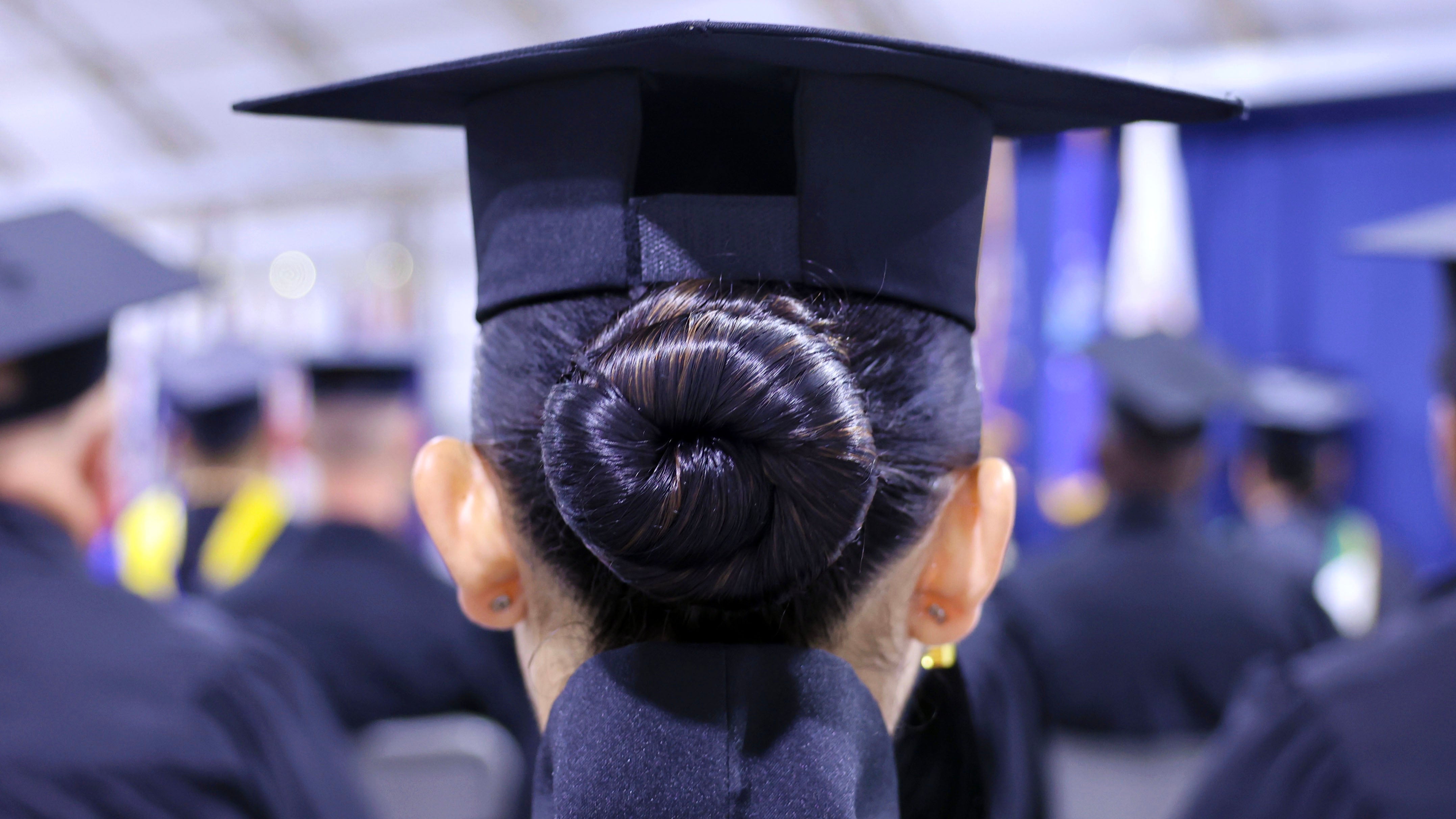Davis: Veterans Should Use Their Education Benefits
Davis: Veterans Should Use Their Education Benefits

As a combat veteran and Harvard University graduate, John Davis understands firsthand the joys and difficulties veterans experience when they transition to college after the military.
“That first year when veterans get out of the military is really one of the most important years of their lives,” said Davis, a former infantry squad leader in the 101st Airborne Division and the author of Combat to College: Applying the Military Mentality as a Student Veteran. “That’s when they’re going to set up and develop habits, develop good routines and have the opportunity to spiral upwards in life, but … you also have the challenges of any transition.”
Service members, veterans and their families may choose to use the GI Bill and apply it toward college tuition or job training. Over one million Americans were receiving GI Bill benefits, according to the Student Veterans of America’s 2020 annual report.
Speaking Sept. 7 during an Association of the U.S. Army Noon Report webinar, Davis emphasized that veterans have qualities that give them an educational edge.
“Veterans have so many strengths … when it comes to education, such as commitment. We really understand [commitment] in a way that civilians kind of struggle to,” he said. Veterans also understand that "what makes them successful is repetition,” he said. “A successful military career … [is] a slow process. It’s day in and day out of proving yourself year after year, and that’s kind of what education is.”
Student veterans exist outside the mold for a “typical” student and are more likely to be older, employed during their education and married, divorced or have a family, according to Davis.
When it comes to adapting to the culture of higher education, some aspects of military culture may not transfer well, Davis said. “There are things that we have to take from the military and some things that we leave behind,” he said. “Military people tend to be very blunt when it comes to conversations, not afraid about offending people and not afraid of dark humor or sarcasm. Some of those things are not really acceptable in corporate culture or education.”
Education after the military is an “underused” opportunity that more veterans “should take advantage of,” Davis said. “I view education as something critically important for our nation’s veterans after the military,” he said. “I think that if we can convince more veterans to go to college, and we can get them through to graduation, that we’re going to see a big jump in the veteran community’s quality of life.”

